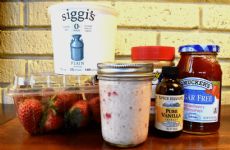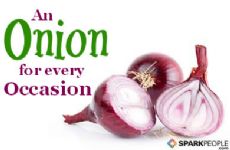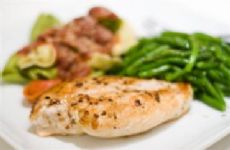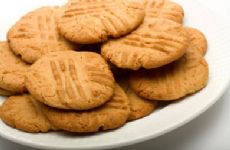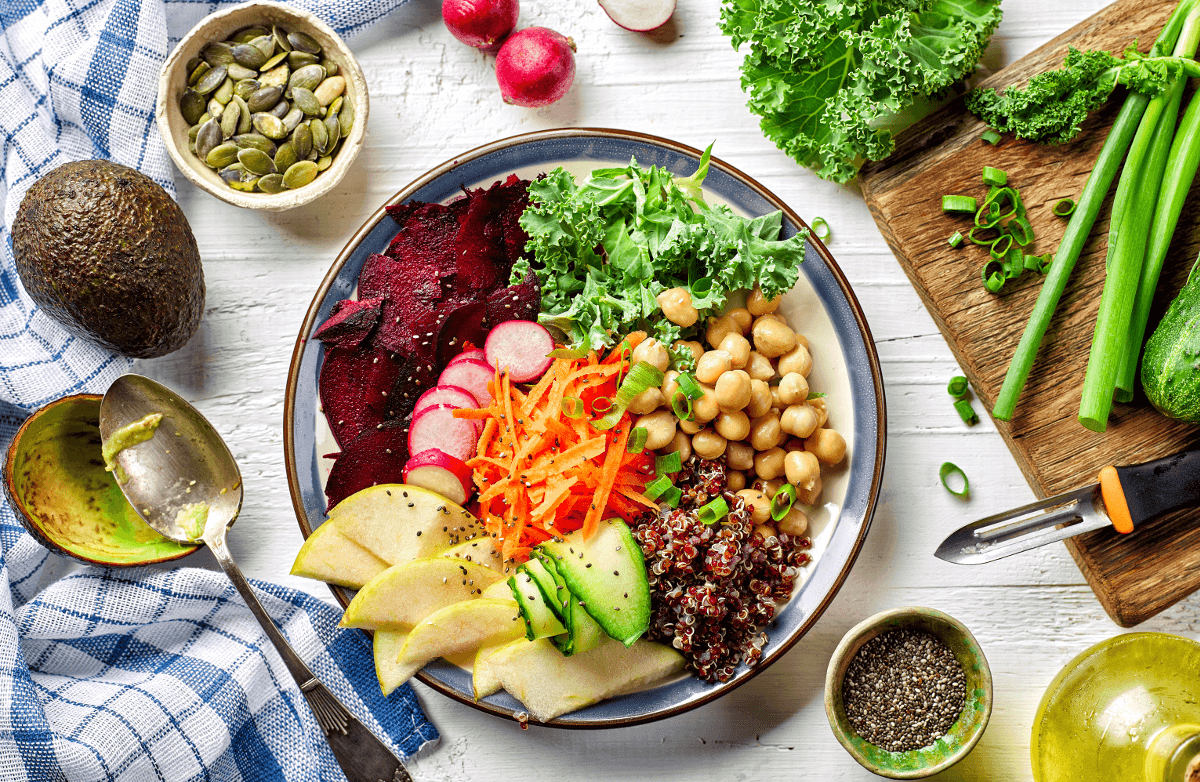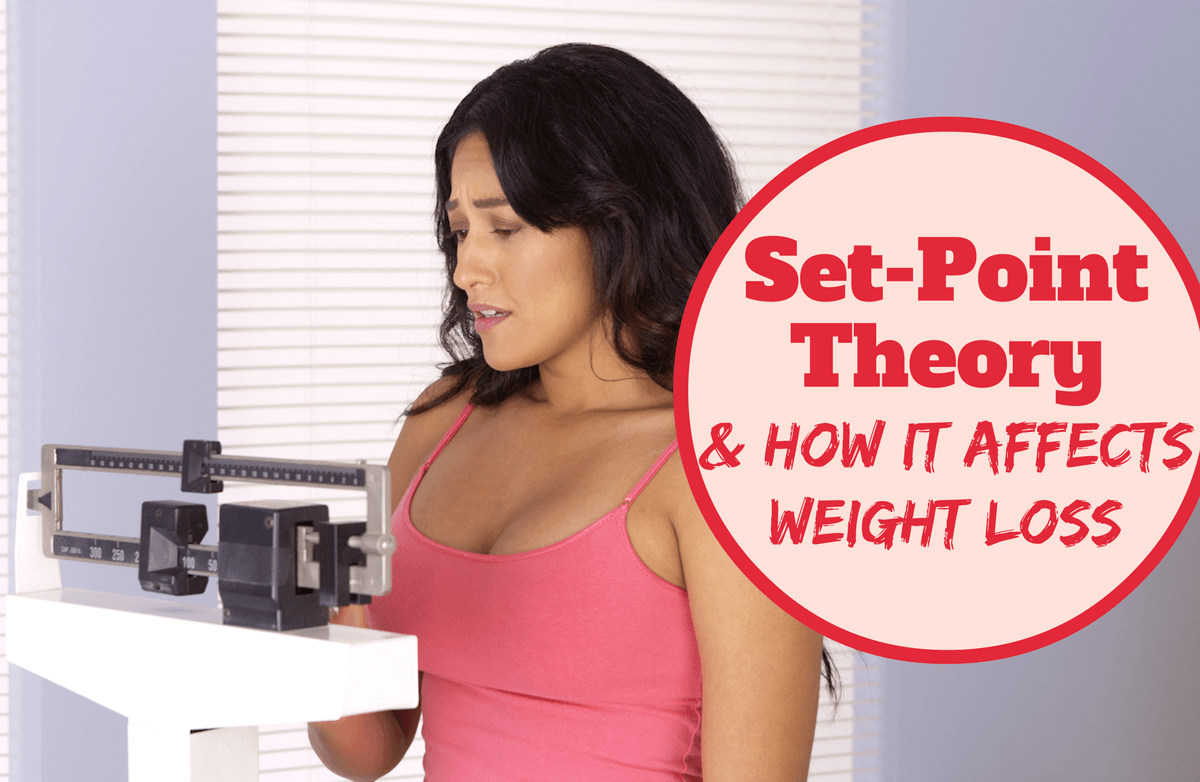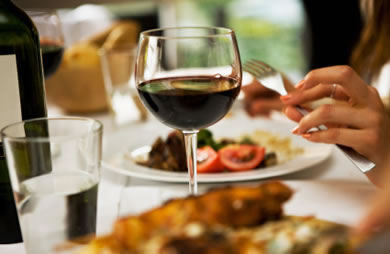|
You might have heard that you can eat as much of you want of certain foods because it takes more energy to burn them than they actually contain. But is it true? Can eating more of these foods really help you lose weight? Let's examine this theory. It's true that your body burns calories by digesting food. This is the concept behind the idea of "negative calorie" foods. The idea that there are negative calorie foods—foods that are so low in calories that simply digesting them burns more calories than they contain—is a popular theory. Certain low-calorie (and often water-rich) foods like celery or cucumbers are often touted as examples of negative calorie foods, but in truth, this concept is wishful thinking. There is no such thing as a negative-calorie food. Digesting and absorbing food uses about 10% of your total calorie intake. For someone eating 1,500-1,800 calories daily, for example, only 150-180 calories are expended to completely digest and absorb everything you eat in an entire day. All calories that you eat count. Eat too much of any food--no matter how low-calorie or "healthy"--and you could gain weight. It is great to include low calorie, high fiber, and water-rich foods in your daily diet. In fact, you can generally eat a larger volume of these foods without eating a lot of calories. These foods are also nutritious and filling, but they still contain calories and should always be included in your calorie count. No food is a "free" food; eating too much of any food can cause weight gain or inhibit weight loss. Photos of 100-Calorie Portions of Food 'Free' Foods That Don't Impact Blood Sugar Levels The Most Filling Foods You Can Eat When on a Diet |
Popular EntriesMore From SparkPeople
|







.jpg)
